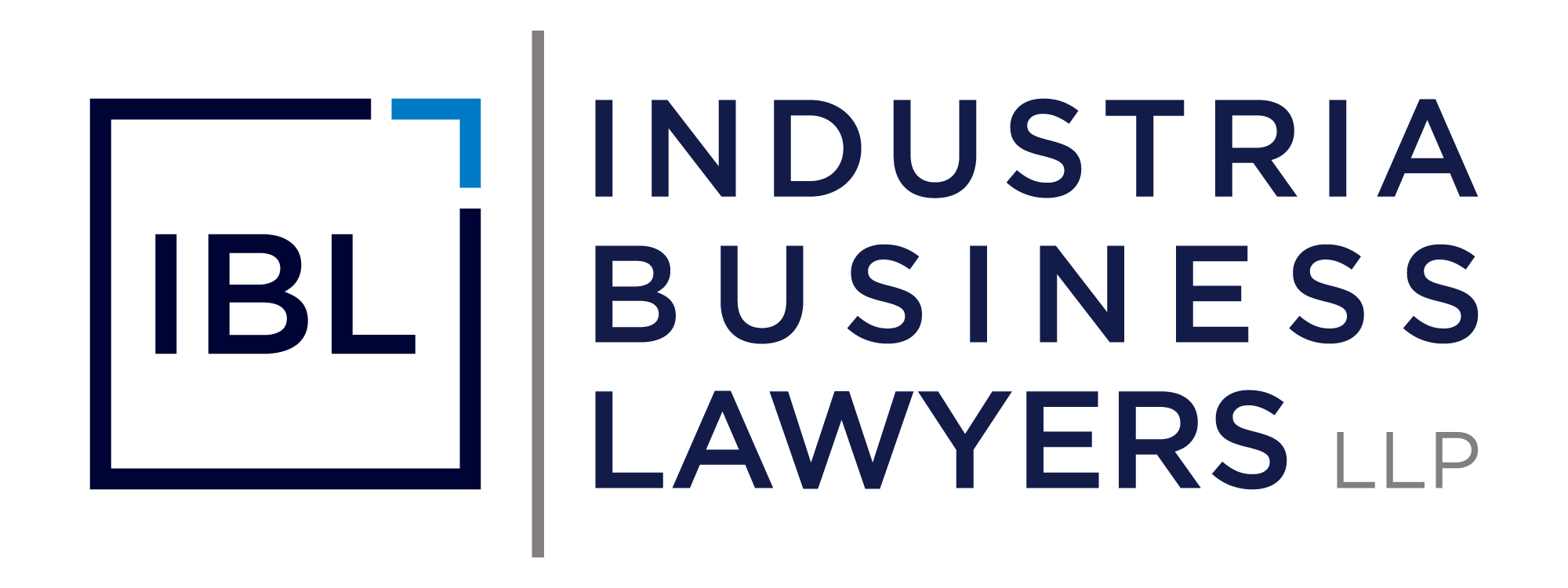Written by: Efren Medina and Aaron Krowne, Esq.
As the web3 landscape grows, Key Opinion Leaders (KOLs) have emerged as increasingly important figures in driving adoption and engagement for emerging projects. Unlike traditional influencers, KOLs in web3 often bring specialized knowledge in web3 gaming, blockchain, NFTs and tokenomics, making their opinions invaluable to both newer and established projects. This influence, however, comes with legal considerations that both projects and KOLs must carefully navigate to ensure compliance, clarity and mutual protection.
Many arrangements with KOLs are made informally through X, Discord or Telegram which can lead to potential misunderstandings and potential risk. Establishing clear, written agreements with KOLs helps the parties set defined expectations, outline brand protection guidelines, and establish best practices for promotion. Below are a few things to consider when formalizing your arrangement with KOLs:
- Define Expectations, Goals and Performance Metrics:
A well-defined agreement sets clear expectations regarding compensation, deliverables, messaging, and timelines along with measurable performance metrics to assess the partnerships effectiveness. For example, an agreement can outline:
A. Content Guidelines and Posting Frequency
- Specify messaging guidelines, frequency of posts, and measurable performance goals, such as engagement and conversion metrics to ensure alignment with the project’s brand. These guidelines provide a structured posting routine, which is especially helpful for less experienced KOLs.
B. Compensation Structure
Define payment terms, which can include milestones and any performance-based contingencies. Incentives can help align the KOL’s efforts with the project’s goals.
- Protect Your Brand and Ensure Compliance:
To mitigate risks associated with improper KOL messaging, web3 projects should review sponsored posts regularly and confirm that KOLs understand their compliance obligations. Agreements should clearly define these compliance guidelines, such as:
A. FTC Disclosure Requirements:
KOLs should disclose any paid content or sponsorship, adhering to FTC regulations to avoid deceptive marketing practices.
B. Securities Act Section 17(b) Compliance:
In the web3 space, Section 17(b) requires, among other things, the disclosure of any form of compensation received for promoting securities. If tokens or digital assets endorsed by KOLs are deemed to be securities, nondisclosure can lead to enforcement actions.
C. Promotional Content Standards:
Agreements should set guidelines for acceptable promotional practices to maintain brand integrity and consistency with the project’s values.
3. Establish Confidentiality Obligations:
Confidentiality clauses are crucial for protecting sensitive information that might be shared with KOLs, such as upcoming mints, releases or new product features. While some projects rely on an informal honor system (such as using an exclusive Discord channel) to share these confidential updates, these are more prone to leaks as there is no formal obligation for KOLs to keep the information private.
4. Manage Potential Risks and Liabilities:
Agreements with KOLs can help manage risks and liabilities by setting behavioral expectations, pre-approval for content, and termination rights for misconduct. Limitation of liability clauses can limit financial liability and reputational damage.
Navigating Regulatory Challenges in the Web3 KOL space
- Cross-Border Compliance:
Web3 projects often operate across multiple jurisdictions. This can make it challenging to determine which country’s laws apply, especially when KOLs are promoting projects to international audiences. For example, a KOL based in one country may be unaware of advertising or disclosure requirements in another.
To mitigate these risks, projects should create jurisdictional compliance guidelines for KOLs, outlining applicable advertising, disclosure and compliance requirements based on their target regions. Projects should also create a risk-benefit assessment, balancing each KOL’s reach with the regulatory burdens of their respective jurisdiction. If a project is uncertain about how to navigate this topic, consulting with legal experts with cross-border regulatory expertise is recommended.
- Disclosure, Securities and AML/KYC Regulations:
The web3 space faces numerous regulatory challenges surrounding advertising standards, securities laws and anti-money laundering practices:
A. Evolving Disclosure and Securities Requirements
As touched on above, many jurisdictions mandate that influencers (especially influencers in web3) clearly disclose endorsements to prevent misleading advertising. This is because if a KOL promotes a token, NFT or other digital asset that is deemed by regulators to be a security, both the project and the KOL could face liabilities for securities laws violations.
B. Broker-Dealer and Exchange Act Liability
Projects should also be aware of the potential for broker-dealer and Exchange Act liability if KOLs are deemed to be facilitating or arranging transactions in securities, such as acting as a “finder” or “pool arranger.” Companies should assess whether KOLs are engaging in activities that go beyond promotion, such as facilitating introductions to investors or coordinating investments, as these may raise additional compliance obligations and may expose the project or KOLs to liability. Consulting with legal counsel can help determine whether broker-dealer registration or other securities compliance steps are necessary.
C. AML and KYC Compliance
Regulators may require certain projects to conduct Anti-Money Laundering (AML) and Know Your Customer (KYC) checks on their KOLs if they are involved in activities that could be considered financial services, which include managing or distributing tokens or cryptocurrencies, or being part of promotional campaigns that involve financial incentives or transactions. Projects that fail to meet AML/KYC standards could face significant liability.
Projects should ensure that KOLs understand the purpose and timing of AML and KYC requirements. This means helping them understand why these checks are important (to prevent financial crimes) and when they may be required, such as onboarding, for certain types of transactions, or when participating in activities that could be viewed as financial services.
- Data Privacy:
With KOLs sharing and promoting project-related content, data privacy regulations, such as GDPR may apply, particularly if personal data is collected during campaigns or through the sign-up flow. Projects should understand these regulations, as privacy violations can carry significant fines and harm the project’s reputation.
A practical tip for companies is to first map their data collection and usage practices. Next, implement a clear and transparent privacy policy detailing what data is collected, how it will be used and informing the user of their rights under applicable data privacy laws.
Additional Non-Legal Considerations for Choosing the Right KOL
Before deciding on a formal agreement, web3 projects should assess the risks and benefits of working with a particular KOL. Factors to consider include:
- The KOL’s Importance to the Project
- Audience Relevance:
- A. Does the KOL’s audience align with your project’s target demographic? Selecting the wrong KOL can dilute your messaging or create confusion among their followers.
- KOL’s Track Record:
- A. Has this KOL previously endorsed questionable projects (scams or rug-pulls), or are they endorsing too many projects such that their messaging has become watered down? Affiliation with controversial projects can affect credibility and trust.
- Involvement in Funding Rounds
- A. If the KOL will be participating in funding rounds, parties can document this and button up any compliance concerns.
- The KOL’s location
- A. Is the KOL based in a highly regulated jurisdiction such as the United States? This may require stricter compliance measures, as regulations vary greatly by location.
- Experience with Promotional Guidelines
- A. Is the KOL well-versed in complying with promotional content guidelines (i.e., disclosure of paid endorsements)? Non-compliance can result in regulatory issues.
- Professional Conduct
- A. Has the KOL successfully collaborated with other projects in the past without legal or reputational issues? A history of smooth partnerships can indicate reliability.
Final Thoughts
While KOL agreements may seem optional, they provide clarity and legal protection for both parties. Relying on informal agreements can expose both sides to liability, and in some jurisdictions, written agreements may be required for enforceability under the statute of frauds provisions. Beyond enforceability and compliance, a written agreement can serve as a communication tool to keep everyone on the same page, which is especially important when working with KOLs that may live thousands of miles away.
Disclaimer and Contact Information
The content in this article is for informational purposes only and does not constitute legal advice. While I strive to offer accurate and helpful insights, the information shared here may not reflect the most current legal developments. Reaching out to me through this blog does not establish an attorney-client relationship.
If you need legal assistance, I encourage you to contact me directly at Efren.M@IBL.law. Please be sure to mention this article. Thank you for reading!


